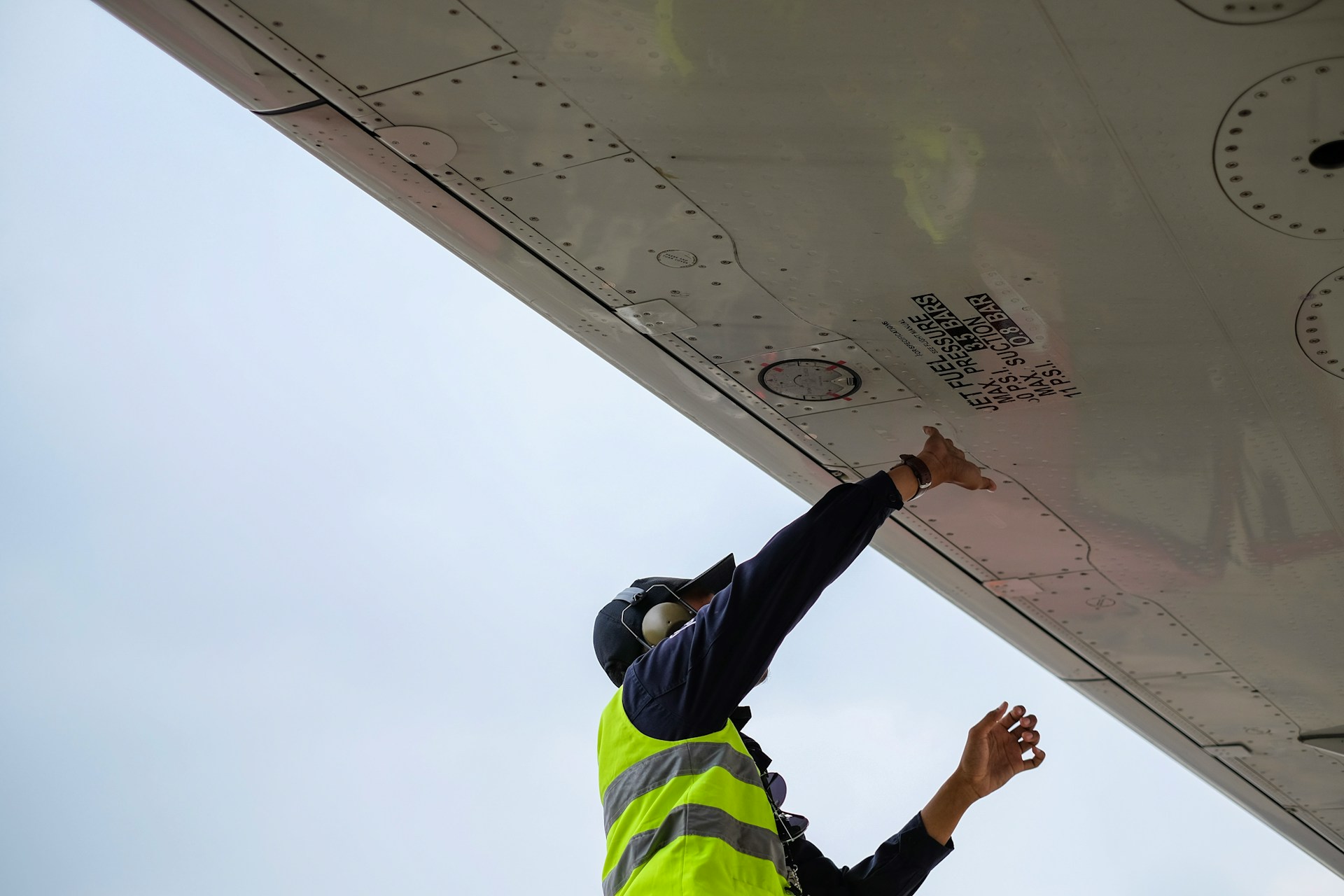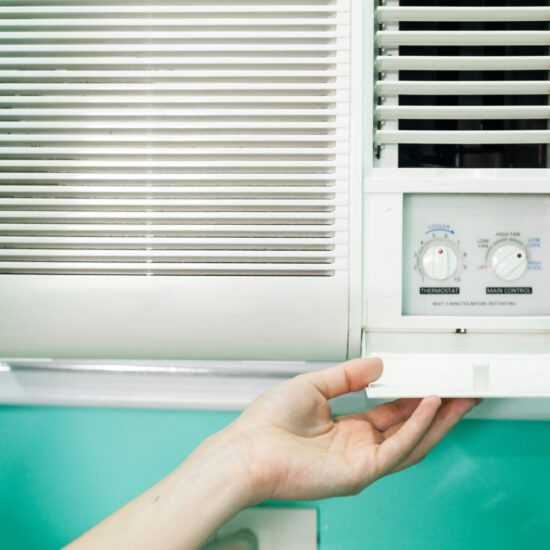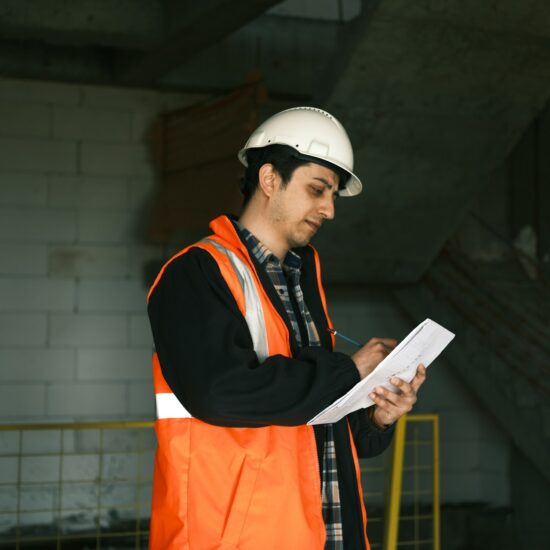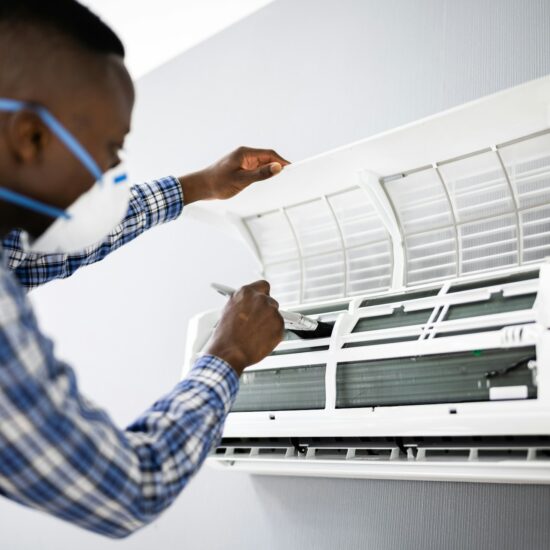Seasonal HVAC tune-ups are essential for maintaining the efficiency and longevity of your heating and cooling systems.
Regular maintenance can prevent costly repairs, enhance energy efficiency, and improve indoor air quality, ensuring your comfort year-round. By investing a little time and money into tune-ups, you can avoid unexpected breakdowns during extreme weather conditions.
Many homeowners overlook the significance of these check-ups, believing their systems run fine without attention, however, even minor issues can escalate into major problems. A seasonal tune-up provides you peace of mind, knowing your HVAC system is prepared to perform at its best when you need it most.
Prioritizing regular HVAC tune-ups helps you stay comfortable throughout the changing seasons while extending the life of your system.
What Are Seasonal HVAC Tune-Ups?
Seasonal HVAC tune-ups involve a thorough examination of your HVAC components to ensure they function optimally throughout the year. Regular tune-ups can help you avoid unexpected breakdowns and costly repairs.
Understanding HVAC System Components
Your HVAC system comprises various components, including the air conditioner, furnace, heat pump, and ductwork. Each element plays a specific role in maintaining indoor comfort.
- Air Conditioner: Cools the air during warmer months. It requires clean filters and functional coils to operate efficiently.
- Furnace: Heats the air in winter, needing inspections to check for gas leaks and proper combustion.
- Heat Pump: Works for both heating and cooling. Its performance is reliant on clean parts and adequate refrigerant levels.
- Ductwork: Distributes air throughout your home. Seal and insulate ducts to prevent air loss.
The Role of Regular Maintenance
Regular maintenance is critical for optimal HVAC performance. Routine tune-ups can identify potential issues before they escalate, saving you money on repairs and energy bills.
During a tune-up, technicians may perform the following:
- Inspect and replace air filters
- Clean coils and drain lines
- Check thermostat accuracy
- Test for refrigerant leaks
These tasks enhance your system's efficiency, leading to longer lifespans and improved air quality. Consistent preventative maintenance also ensures your heating and cooling systems operate effectively, providing reliable comfort in your home.
Benefits of Regular HVAC Maintenance
Regular HVAC maintenance enhances performance, reduces costs, and ensures a healthier living environment. Key benefits include energy savings, a longer lifespan for your system, and improved air quality.
Energy Efficiency and Lower Energy Bills
Regular maintenance optimizes the efficiency of your HVAC system. Tasks like cleaning filters and calibrating your thermostat can lead to significant energy savings.
According to the Environmental Protection Agency (EPA), proper maintenance can improve your system's efficiency by up to 15%.
This efficiency translates directly into lower energy bills. If you notice a sudden increase in your energy costs, it could signal the need for maintenance.
Implementing a seasonal tune-up can help you avoid these unexpected expenses, letting you allocate funds to other home needs.
Extended Equipment Lifespan and Avoiding Breakdowns
A well-maintained HVAC system can last longer, often exceeding its advertised lifespan. Regular maintenance checks help identify potential issues before they develop into significant problems.
By addressing minor repairs promptly, you reduce the risk of unexpected breakdowns. These breakdowns can disrupt comfort at home and lead to costly emergency repairs.
You can expect routine maintenance to add several years to your system’s life. This proactive approach not only safeguards your investment but also provides peace of mind for you as a homeowner.
Improved Indoor Air Quality
Your HVAC system plays a crucial role in maintaining indoor air quality. Regular tune-ups include detailed cleaning of components that can accumulate dust, allergens, and pollutants.
A clean system circulates fresher air, contributing to a healthier home environment.
Changing or cleaning filters is an essential part of this process. Clogged filters can trap harmful particles, negatively affecting your health.
Planning Your HVAC Tune-Ups
Regular HVAC tune-ups can significantly improve the efficiency and lifespan of your heating and cooling systems. It’s essential to be aware of the optimal timing for these services, how to recognize signs indicating a need for a tune-up, and finding a qualified technician.
Optimal Timing: Spring and Fall
Timing is crucial for your HVAC tune-ups. Scheduling service in spring prepares your air conditioning system for the summer heat, ensuring it operates effectively when you need it most.
In fall, a tune-up for your heater helps it function efficiently during the colder months. Aim for late March to early April for cooling systems and late September to early October for heating systems.
These seasons allow technicians to address any issues before peak usage, preventing costly breakdowns.
Signs You Need a Tune-Up
Stay vigilant for signs that your HVAC system might need a tune-up. If you notice inconsistent temperatures in different rooms, it could indicate airflow issues or thermostat settings that require adjustment.
High energy bills without an apparent increase in usage may suggest inefficiency in your system. Unusual noises, such as rattling or hissing, are often a sign of potential issues that need attention. Look out for frequent cycling, where your system turns on and off more often than usual, which can stress your unit and shorten its lifespan.
Finding a Qualified HVAC Technician
Finding a qualified technician is essential for effective HVAC tune-ups. Start by checking for licenses and certifications, which indicate a technician’s level of training and expertise.
Ensure that the technician you choose has experience working with your specific heating and air conditioning systems. A well-qualified technician will assess your system thoroughly, identify any potential issues, and help you maintain optimal performance year-round.
Key Components of an HVAC Tune-Up
A thorough HVAC tune-up includes several critical components that ensure optimal performance and efficiency. Focusing on key areas helps prevent breakdowns and extends the lifespan of your system.
Assessing and Replacing Filters
Air filters play an essential role in maintaining air quality and system efficiency. Regularly checking your filters for dirt and debris is crucial. Clogged filters can restrict airflow, causing your system to work harder and reducing its efficiency.
When assessing filters, look for signs of wear and tear, and be ready to replace them as needed. Most manufacturers recommend changing filters every 1-3 months, depending on usage and type. Choosing high-efficiency particulate air (HEPA) filters can further improve indoor air quality and protect your HVAC system.
Checking Electrical Connections and Components
Electrical connections are vital for the safe and efficient operation of your system. During a HVAC tune-up, technicians should inspect all wiring for damage or corrosion. Loose or frayed wires can lead to system failures or safety hazards.
It's also important to check fuses and circuit breakers for optimal performance. Ensuring that components, such as contactors and relays, are functioning correctly contributes to peak efficiency. Regular maintenance in this area can also help protect your warranty and avoid costly repairs in the future.
Inspecting and Cleaning Coils and Blower Motor
The condenser and evaporator coils are crucial for effective heat exchange within your HVAC system. Dirt on these coils can drastically reduce efficiency, leading to higher energy bills. Regular cleaning is necessary to prevent buildup that can cause system strain and premature wear.
Additionally, the blower motor requires regular inspection and maintenance. Ensuring that the motor is clean and lubricated allows for efficient airflow.
Uninterrupted airflow not only enhances comfort but also improves energy efficiency and system longevity.
Verifying System Controls and Refrigerant Levels
System controls regulate the operation of your HVAC unit, impacting overall performance. You should ensure that thermostats and controls are functioning correctly for accurate temperature management. This step helps minimize wear on the system and maintain comfort.
Refrigerant levels are another critical aspect of your HVAC system. Low refrigerant can indicate leaks or other issues - regular checks ensure your AC unit operates at the designed capacity while maintaining comfort and efficiency.




